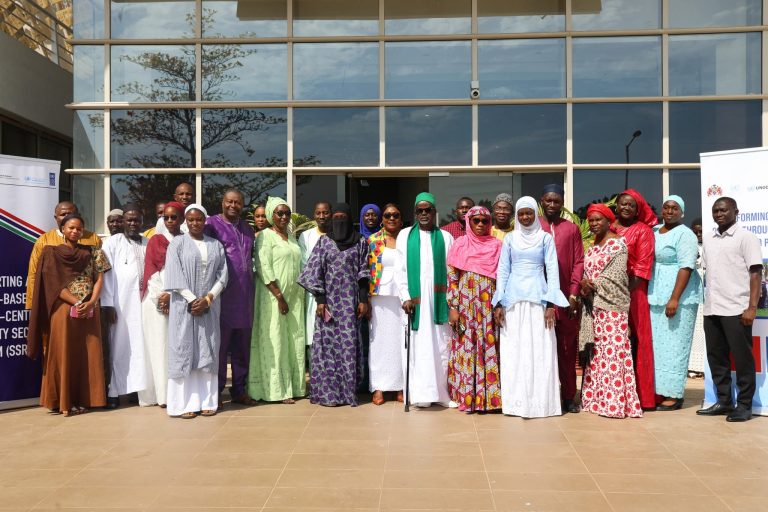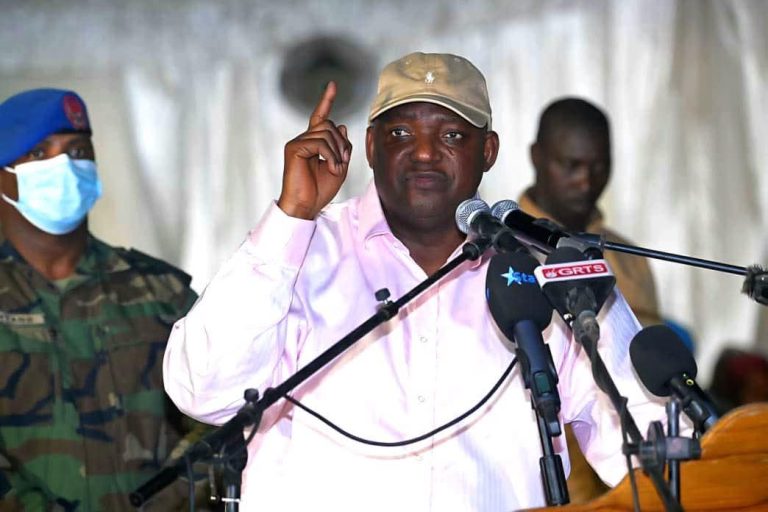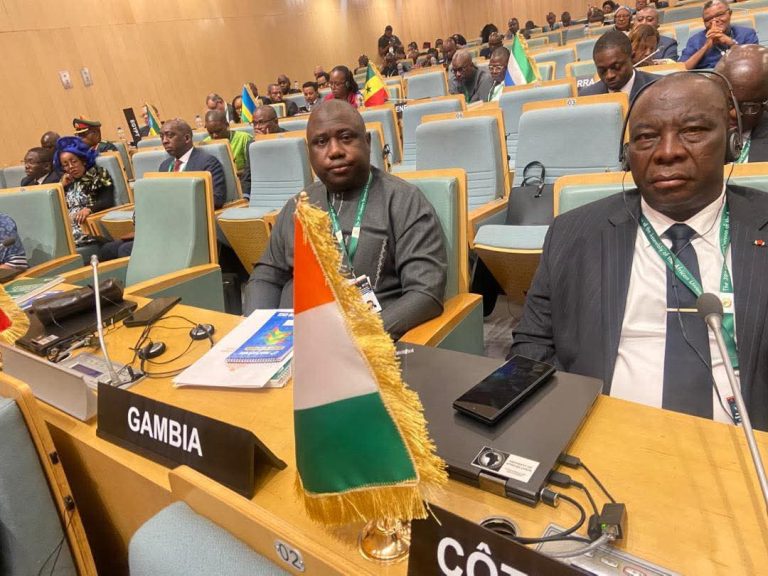
The Minister of Finance and Economic Affairs, Hon. Seedy K.M. Keita, delivered keynote remarks at the Chief Economists of Government (CEoG) Forum, held at the Sir Dawda Kairaba Jawara International Conference Centre. Themed “Powering Africa’s Future: Energy Access and Financing Options,” the forum brought together senior economic advisors, energy experts, and policymakers from across the continent.
In his address, Minister Keita described The Gambia’s democratic transition in 2017 as a pivotal moment in the country’s economic journey, with average growth projected at 5.0 per cent between 2017 and 2024. This growth, he noted, has been driven by structural reforms, increased infrastructure investment, and improvements in social service delivery.
He highlighted that The Gambia’s economic performance has exceeded the averages for Sub-Saharan Africa and ECOWAS, except during the COVID-affected years of 2021 and 2022, reflecting the government’s consistent efforts to stabilise the economy and shield citizens from external shocks under the leadership of President Adama Barrow.
On fiscal performance, the Minister reported that domestic revenue collection has nearly tripled, from GMD 7.1 billion in 2017 to GMD 20.8 billion in 2024. However, he acknowledged that tax revenue, at 11.2 percent of GDP, remains below the Sub-Saharan African average of 16 percent.
Minister Keita reaffirmed the government’s commitment to ambitious reforms designed to unlock The Gambia’s economic potential, with a focus on attracting investment in high-growth sectors to build a stronger and more inclusive economy.
He emphasized the critical role of energy in driving economic transformation, increasing government revenue, and promoting equitable development. Electricity access in The Gambia currently stands at 73 percent, with a national target of universal access by 2026. With continued support from the World Bank and other development partners, the government is working to enhance the efficiency of public spending, expand the adoption of renewable energy, and encourage greater private sector participation in the energy sector.
Despite this progress, he acknowledged that financing shortfalls in energy infrastructure continue to pose a significant challenge. He called for innovative financing approaches, strong leadership, and strategic partnerships to develop resilient, sustainable energy systems that support long-term growth.
“Energy is not just about electricity,” Minister Keita said. “It’s about opportunity, dignity, and delivering a brighter future for all.”




